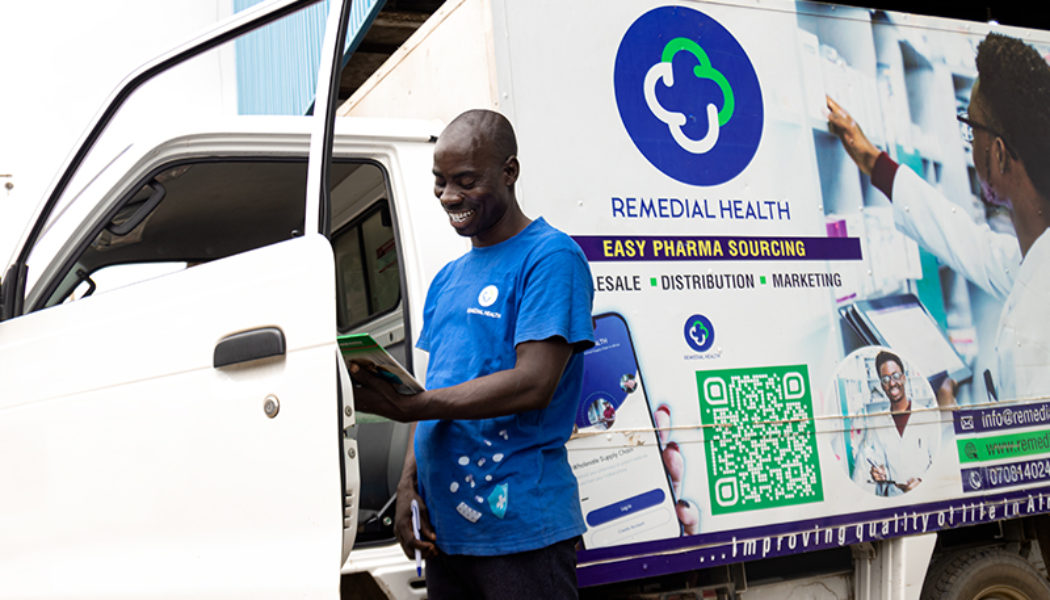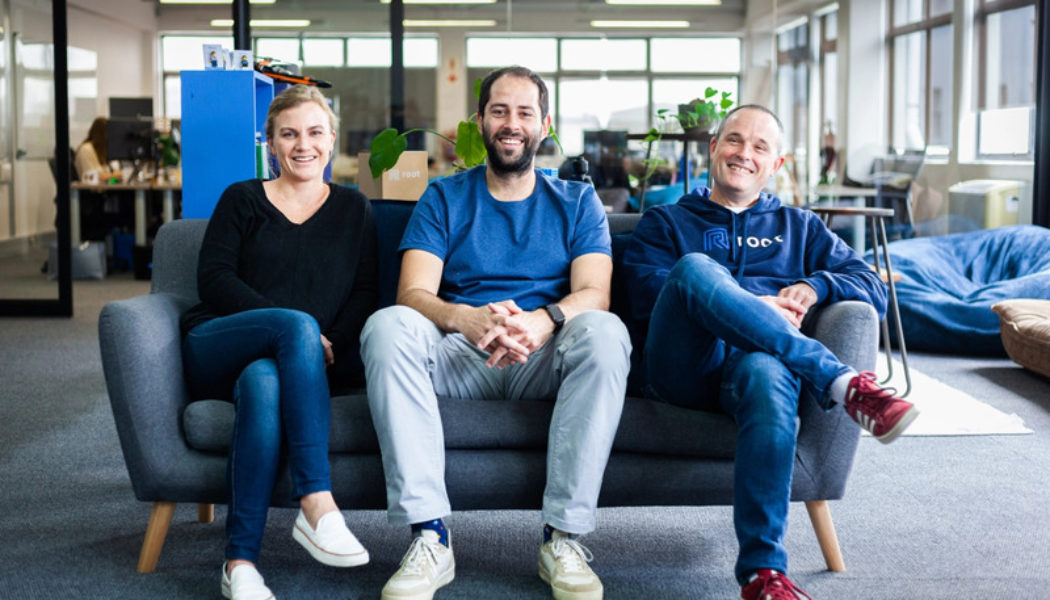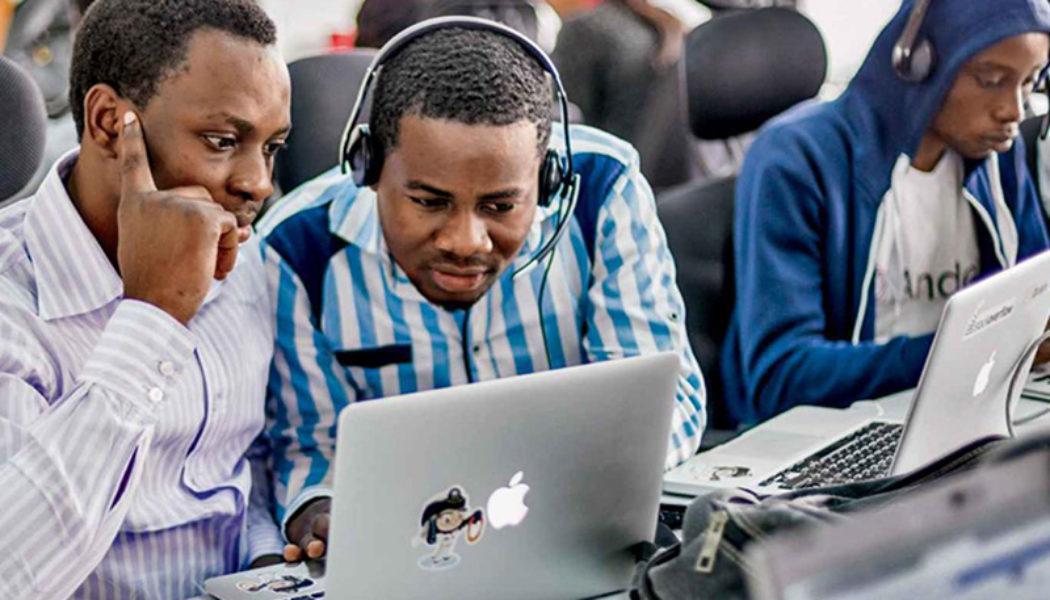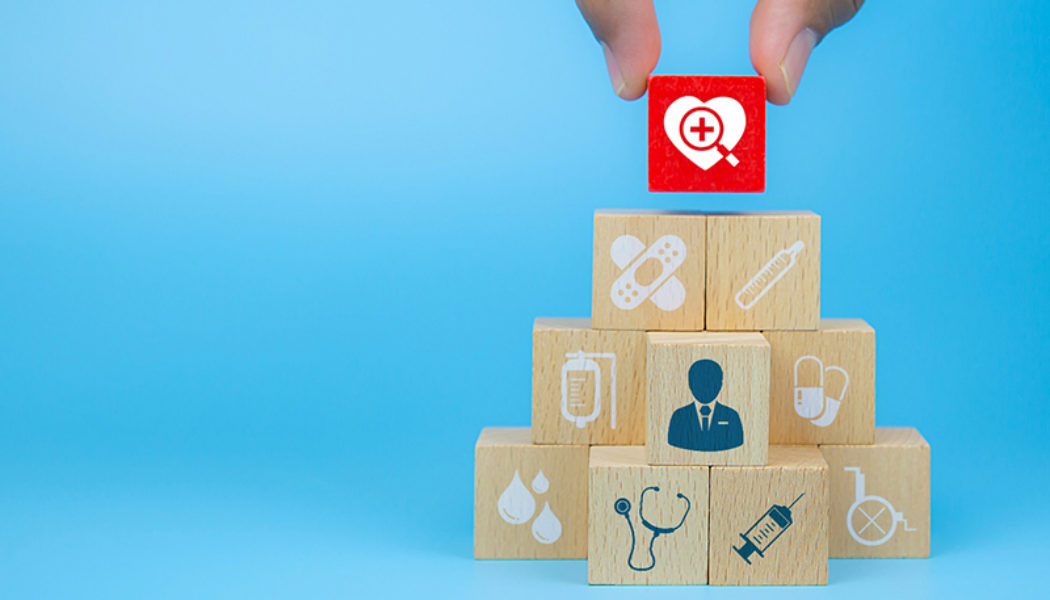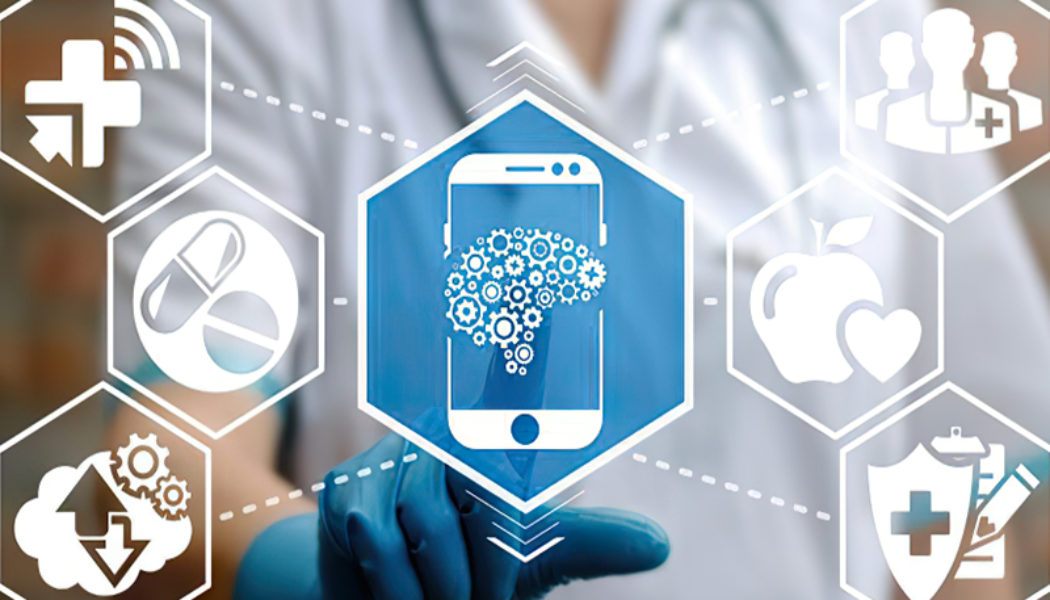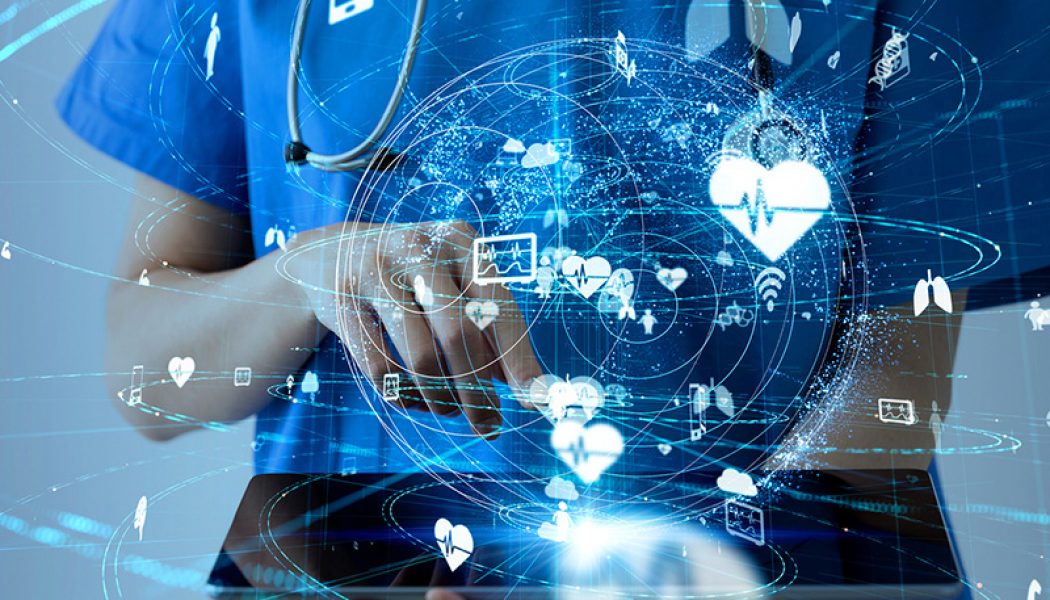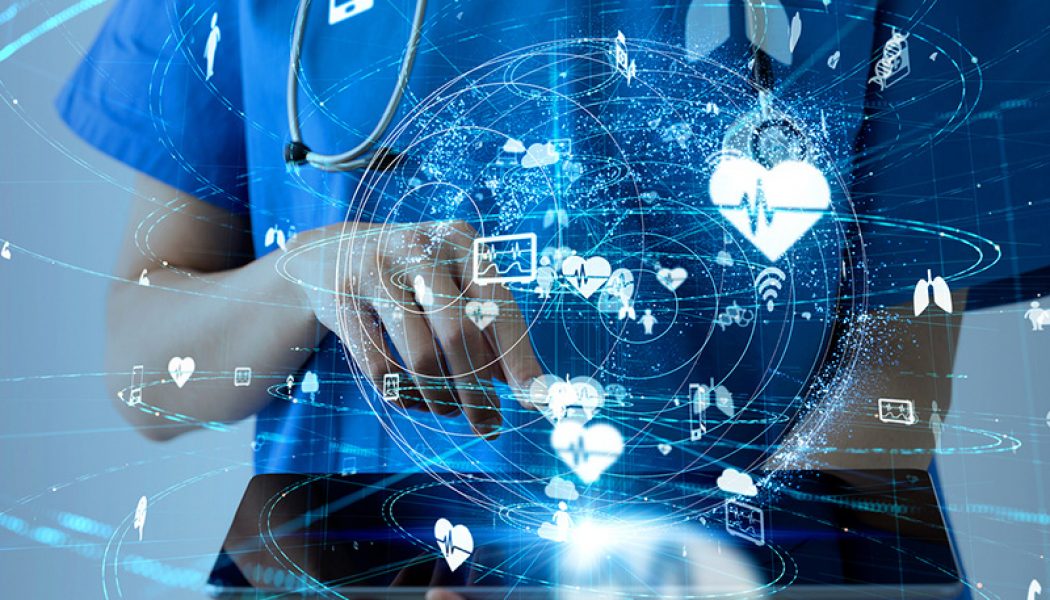Healthtech news
SA Startup Root Teams Up with Andela & Momentum Health
We use cookies on our website to give you the most relevant experience by remembering your preferences and repeat visits. By clicking “Accept All”, you consent to the use of ALL the cookies. However, you may visit “Cookie Settings” to provide a controlled consent.
What’s Next for Online Healthcare in Africa?
We use cookies on our website to give you the most relevant experience by remembering your preferences and repeat visits. By clicking “Accept All”, you consent to the use of ALL the cookies. However, you may visit “Cookie Settings” to provide a controlled consent. You Deserve to Make Money Even When you are looking for Dates Online. So we reimagined what a dating should be. It begins with giving you back power. Get to meet Beautiful people, chat and make money in the process. Earn rewards by chatting, sharing photos, blogging and help give users back their fair share of Internet revenue.
Addressing Data Storage Challenges in Healthcare Can Empower its Digital Transformation
Sourced from Getty Images. The healthcare industry has been one of the greatest beneficiaries of digital transformation in the last 12 months. Essential remote care services, critical real-time hyper-localised data in tracking pandemic trends, and the rapid rollout of a worldwide vaccine have been facilitated by digitalization. This growing reliance on digital operations brings with it vast amounts of data – according to IDC in May 2020, more than 59 zettabytes (ZB) of data would be created, captured, copied, and consumed in the world last year alone. This sudden and exponential increased digital demand has meant that the essential data infrastructure that healthcare relies on has come under enormous pressure and must handle critical data and workloads. At the same time, improvements in te...
IoT is One of Medicine’s Biggest Tools – Also Its Weakest Security Link
Image sourced from HP Consultant. /* custom css */ .tdi_4_0e2.td-a-rec-img{ text-align: left; }.tdi_4_0e2.td-a-rec-img img{ margin: 0 auto 0 0; } Healthcare has always been on the cutting edge, with hospitals and healthcare providers typically quick to embrace any innovation that will translate into better, more efficient, more affordable care. From microscopic pill cameras and implantable devices to laser surgery and advanced monitoring techniques, medical technology is all about creating the best possible patient outcome. But when it comes to the latest wave of innovative products, powered by always-on, always-connected internet of things (IoT) technology, there are growing concerns that security issues may eventually harm medical institutions or the patients themselves. /* custom css */...
HealthTech Startups in Africa Reach All-Time High
Sourced from Getty Images. There are currently 180 actively operating health-tech focussed startups across the African continent, according to the High Tech Health: Exploring the African E-health Startup Ecosystem Report 2020 report, released by Disrupt Africa. According to the report, this number of startups has grown by 56.5 per cent over the last three years and has seen significant investment despite the COVID-19 pandemic as more than half of all funding to have gone into the space in the past five years was transacted in the first half of 2020. So far this year, e-health startups have raised over US$90 million. “Interest in the e-health space in Africa has accelerated in the last 18 months, and with the advent of the COVID-19 pandemic, there is a sudden spotlight on e-health startups,...
